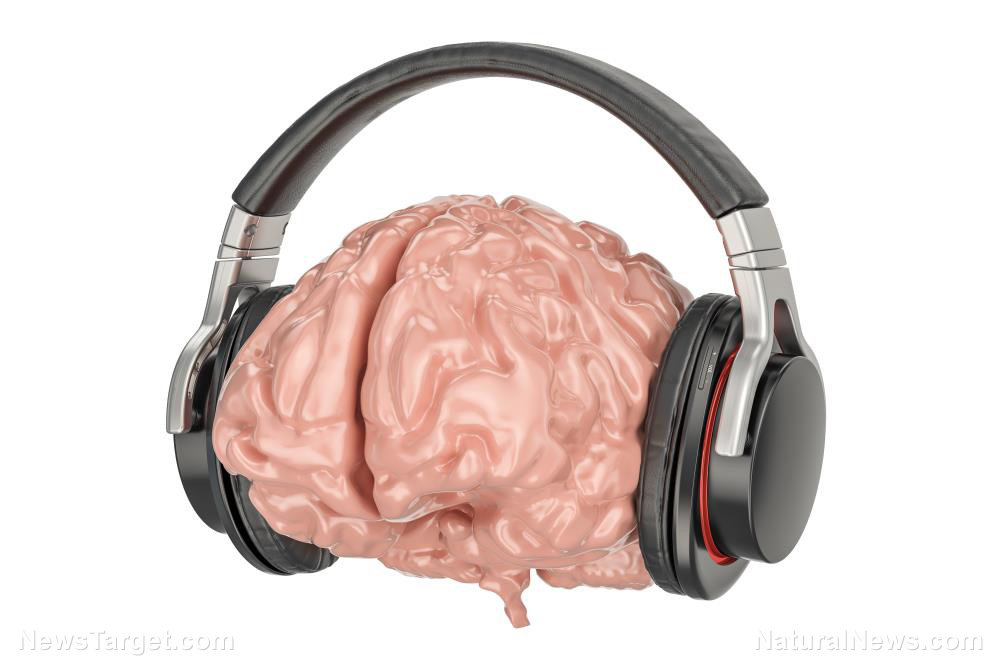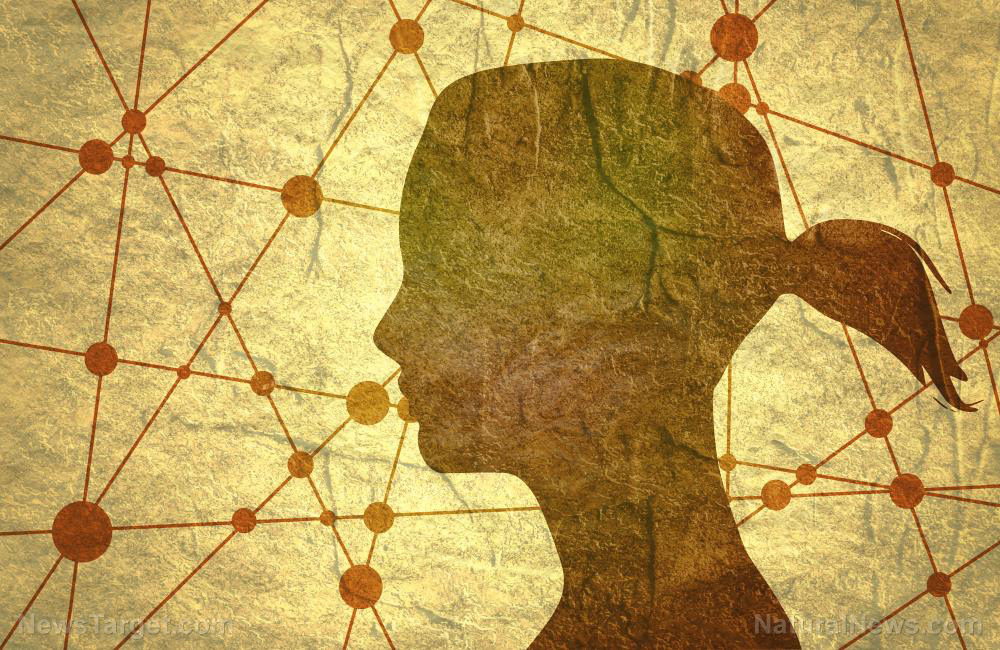5 Natural ways to manage distress without medication
11/18/2019 / By Grace Olson

Negative emotions can be overwhelming. People often surrender to these feelings and lash out, complicating their situation further. Whether it is dealing with another person or oneself, emotions can be difficult to manage. However, there are ways to properly handle them.
Psychotherapy, in particular, is designed to help people pinpoint the roots of their distress and learn ways to cope with them. It is also called talk therapy. There are different kinds of psychotherapy, including cognitive behavioral therapy (CBT) and dialectical behavior therapy (DBT). CBT identifies and changes destructive thinking patterns and behaviors and replaces them with healthier ones. On the other hand, DBT is a specific type of CBT, which focuses on improving how a person handles his/her emotions.
Not everyone can take psychotherapy due to various reasons, including financial limitations or simply lack of time. Still, it is possible to employ the techniques used in psychotherapy and apply them to everyday life.
When in distress, try the following tips based on CBT and DBT:
1. Accept emotions
Accepting emotions is acknowledging their existence and understanding that they are fleeting. However, the common immediate reaction to negative emotions – like guilt, shame, or anger – is to reject or escape them.
Pushing away such emotions is not healthy. It stunts emotional growth. Moreover, it increases the risk of developing mental health problems (i.e. anxiety, depression). In a two-part study published in Behavior Research Therapy, researchers found that people who were more accepting of negative experiences were less likely to exhibit depressive symptoms in the future. Additionally, it prevented them from feeling worse during a distressing situation.
2. Look for meaning
Meaning can be understood in two ways: the cause of distress and a potential lesson from distress.
The cause of distress is based on external or internal factors. External factors can be an overdue water bill or a family member getting ill. On the other hand, internal factors is based on personal experiences, like a trauma.
Once the root of distress is identified, you can try to seek meaning from the experience. It can be to teach a lesson (i.e. better financial management) or to encourage character growth (i.e. patience, sense of responsibility). (Related: Meditation is the path to patience: Research shows mindfulness is effective at controlling worry.)
Overall, a purpose gives hope that the situation will get better in the future.
3. Take care of oneself
A person who is medically ill takes measures to comfort him/herself. The same logic applies to people who are emotionally in pain.
However, a lot of people fall back to bad habits, like overeating high-calorie foods. Not only does this not address the problem, it also increases the risk of developing health conditions in the future (i.e. obesity, cardiovascular disease).
Some healthy alternatives include:
- Listening to music
- Taking a walk in nature
- Going out for a jog
- Writing in a journal
- Cooking a healthy meal
- Watching a favorite movie
It is important to seek things that make you happy, without sacrificing your health in the process.
4. Seek support from others
Several studies have shown that social support contributes to better physical and mental health. In fact, one of the best ways to develop a healthy habit, like going to the gym or eating more vegetables, is to do it with a companion. Whether it is family or friends, having people to lean unto can help you face a distressing situation.
One review published in Psychiatry tackled the relationship between social support and stress. Researchers found that having a functional support system, along with effective coping strategies, may help prevent a person from developing mental illness. Conversely, having poor social support may lead to harmful consequences on a person’s physical and mental health.
5. Believe in oneself
Overwhelming emotions like distress often feel like a huge wave, and they do not only happen once. More often, they come back in waves of varying intensities depending on the situation.
However, it is important to remind yourself that these waves will pass. You can get through it. This helps boost confidence and increases tolerance to distress. After each wave, you may feel better knowing that you have come out of it stronger.
Distress can be difficult to cope with, but there are natural measures that you can employ to process it. Learn more about healthy, natural ways to handle difficult emotions at MindBodyScience.news.
Sources include:
Tagged Under: Anxiety, behavioral therapy, brain health, distress, Emotions, happiness, mental health, mind body science, natural cures, natural health, psychotherapy, remedies, stress
RECENT NEWS & ARTICLES
BrainFunction.News is a fact-based public education website published by Brain Function News Features, LLC.
All content copyright © 2018 by Brain Function News Features, LLC.
Contact Us with Tips or Corrections
All trademarks, registered trademarks and servicemarks mentioned on this site are the property of their respective owners.




















